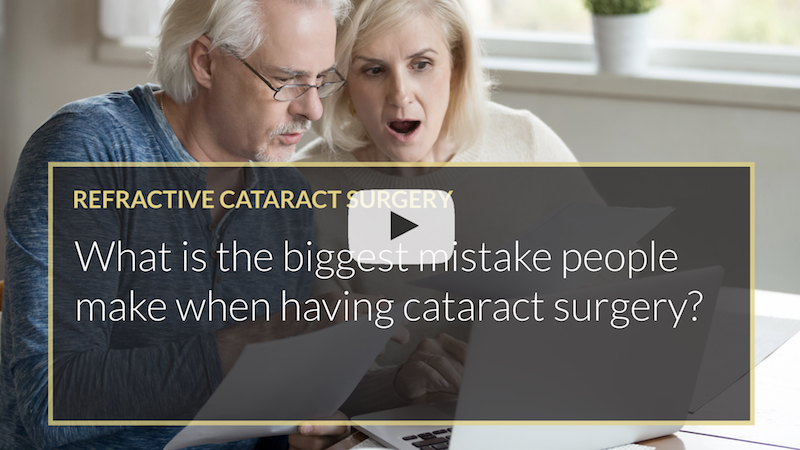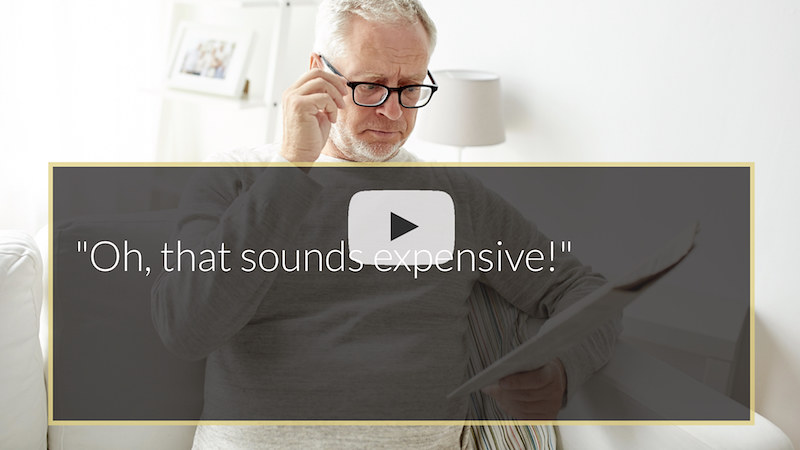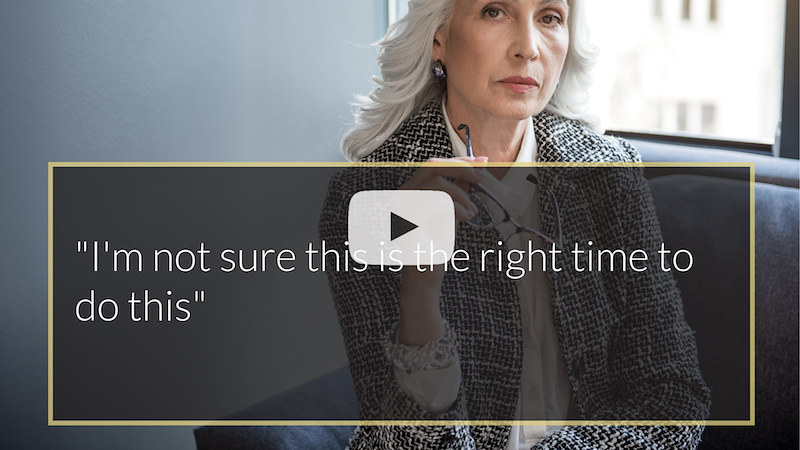
IN THIS VIDEO PROF MOHAMMED MUHTASEB EXPLAINS THE BENEFITS OF REFRACTIVE CATARACT SURGERY
How do you benefit from refractive cataract surgery?
The benefits of refractive cataract surgery are, firstly, removing the cataract and allowing more light into the eye.
This brightens and improves the quality of the vision.
The refractive component of cataract surgery addresses the visual quality that a patient can expect without their glasses on after the surgery. I take great care to evaluate the patients preoperatively and determine how best to maximize their chance of being able to function without glasses after surgery. At least for general function and driving and getting around after the surgery without glasses if a patient’s choosing a monofocal lens implant.
More independence and happiness for your daily life
If the patient chooses a multifocal lens, then in addition to general functionality and distant vision, we’re trying to improve their ability to read up close. The patient can then use a computer without glasses after the surgery. The main benefits are to improve the vision, increase the brightness, increase the quality of the vision for distance and get patients back to the life that they want to live. This includes their hobbies, activities, driving and their special interests, being more independent and being happier…
Discover the number one mistake patients make when choosing cataract surgery
Most people have cataract surgery without knowing about all the options they actually have surrounding cataract surgery. Unfortunately, most people only find this out after having cataract surgery. The information in this Wales Cataract Guide could save you frustration and worry. Simply click the button below to give us your email and we’ll send you this life changing guide:
Feel free to do things that make you smile – without restrictions
One of the rewards of doing the job I do is seeing patients postoperatively.
Seeing them happier and more smiley and listening to how the surgery has changed their lives.
They feel more independent and freer, even the simplest of things, like being able to drive themselves to the local shops or to visit friends and family. The ability to take up hobbies that they weren’t able to perform, like golf, swimming or sailing.
Some people have unusual hobbies. A recent patient was the local church’s organist and the wedding season was in jeopardy because she had cataracts. But now, that cataracts have gone, the wedding season is back on again. Just seeing people happier, freer, more independent, living life to the fullest, and enjoying the things that make their life happy, joyous, and rewarding.
I think it’s very important that anyone considering cataract surgery or refractive lens exchange surgery is aware of the number one mistake that people make before they have the surgical intervention. It’s a mistake that people only know about once the procedure has been completed. Please provide your contact details to us, and we’ll ping you over the answer straight away.
Share This Story, Choose Your Platform!
ABOUT THE EXPERT
Prof Mohammed Muhtaseb, FRCOphth
Consultant Cornea, Cataract and Refractive Surgeon
iLase is the private practice of Consultant Ophthalmic Surgeon, Prof Mohammed Muhtaseb. Based in South Wales, he is one of the very few ophthalmologists working in the UK who is a fellowship-trained specialist in Cornea, Cataract and Refractive Surgery. He holds full specialist registration with the General Medical Council and was appointed as a Consultant in the NHS in 2006.




